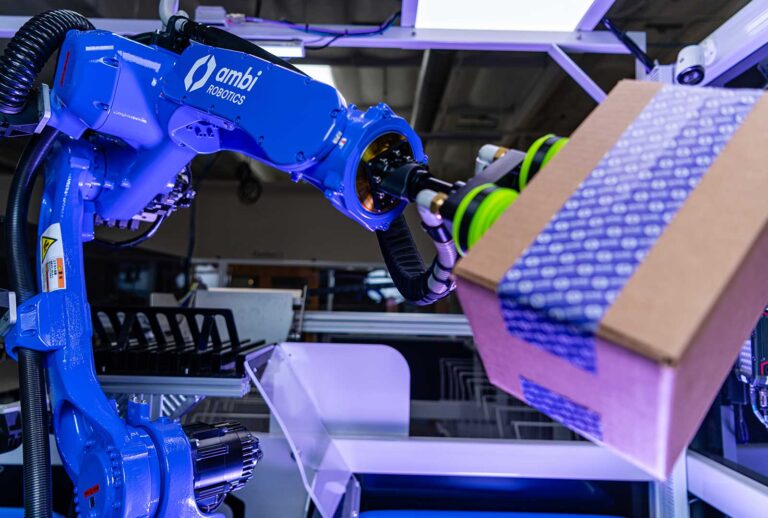Uber Freight: $18 Billion of Freight Under Management and Growing
Olivia Hu, Head of Autonomous Trucking, Uber Freight joined Grayson Brulte on The Road to Autonomy podcast to discuss how autonomous trucking is going to complement and accelerate the growth of Uber Freight’s $18 billion of freight under management platform.
The conversation begins with Olivia discussing the current state of the autonomous trucking industry.
The autonomous trucking industry right now is just at this very exciting moment, when its going from purely a technology and R&D pilot or project to let’s look at go to market. What is the long-term strategy? How do we bring different ecosystem players from OEMs, Tier 1s, autonomous trucking developers, maintenance providers, fleets, shippers, networks like ourselves all together to start planing that long-term commercialization strategy?
– Olivia Hu
Collectivity the autonomous trucking industry is preparing for the next phase — commercialization. When commercialization begins in earnest, Uber Freight stands to benefit as they will be the platform that connects the autonomous trucking companies with the freight.
The first autonomous trucking lanes to come online will be in the Texas Triangle, from Dallas/Fort Worth to Houston and Dallas/Fort Worth to El Paso. These lanes will be used to learn how autonomous trucks operate in a commercial environment and what the operations will look like when at scale.
When autonomous trucks are operating at scale, the industry will have to build and maintain public trust. One of the best ways in our opinion to build public trust is to host an “Autonomous Trucking Grocery Store Day” where everything in the store is 20% off for one-day because it was delivered by an autonomous truck. Autonomous Trucking Grocery Store Day demonstrates to the public the positive economic that autonomous trucks will have on the cost of living as they suffer under high inflation.
As it relates to professional drivers, fleets and shippers, Uber Freight is also working to build trust and educate them about how autonomous trucks could fit into and compliment their existing operations.
For me, what’s most important about building trust is being very transparent, honest and giving them the time to ask questions.
– Olivia Hu
When Uber Freight brings autonomous trucking partners onto the platform they engage in a KYC process (Know Your Customer) that evaluates the company’s safety framework including the safety culture, technical capabilities, leadership team and the go-to-market strategy.
We think having the right go-to-market strategy will be really critical and that includes working with other ecosystem players like OEMs, like ourselves, network providers, shippers and fleets.
– Olivia Hu
Uber Freight’s KYC policy was developed and implemented to limit the potential risks that might arise if and when regulation takes hold in the industry. Today, Uber Freight has partnerships with Aurora and Waabi and previously had a partnership with Waymo Via prior to the division being shutdown. In the future, Uber Freight will look to add more partners to the platform, but they will not partner with every autonomous trucking company.
We only partner if it makes sense. If we truly believe that they have a safe reliable product with a long-term strategy that is the right commercial application for our customers.
– Olivia Hu
The right long-term strategy is one that is grounded in economics that enables pricing power. Uber Freight’s Insights AI tool gives their customers to optimize their operations, pricing structure and what lanes make the most sense to deploy autonomous trucks.
Wrapping up the conversation, Olivia discusses the role the Uber Freight will play as autonomous trucking scales.
Follow The Road to Autonomy on Apple Podcasts
Recorded on Thursday, November 30, 2023




